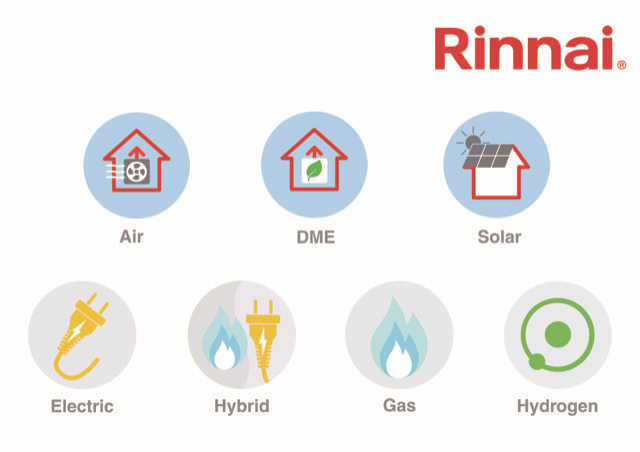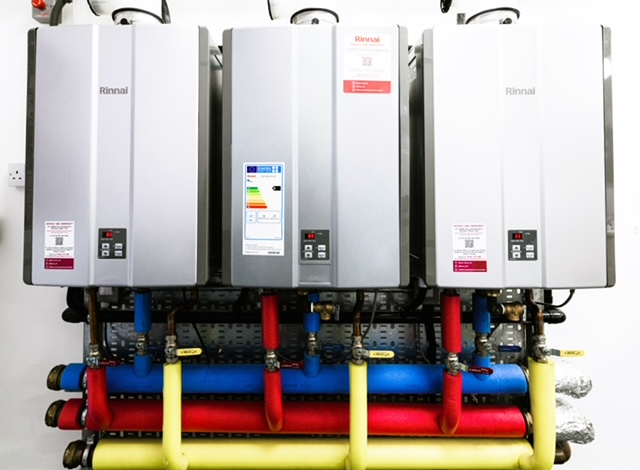Japanese manufacturing is renowned for high levels of aesthetic and operational function. Many of the globe’s leading brands in electrical and combustion technology are from Japan, such as Toyota, Nissan, Honda, and Sony, all of which incorporate the “Kaizen” and “Kanban” methodology into daily operations.
The term Kaizen has come to mean “continuous improvement,” a broader interpretation can be translated as continuous improvement in personal life, home life, social life and working life. A Kaizen approach focuses on implementing gradual and incremental changes that will produce long-term improvements in efficiency and quality in private and professional life.
To create continuous improvement across multiple platforms in professional and general life, the Kaizen attitude suggests adopting 5 key principles to improve an individual’s approach in work, social life and at home.
These five principles that facilitate the concept of Kaizen are as follows: Know Your Customer, let it Flow, Go to Gemba, Empower People and Be Transparent. Together, these elements encourage personal and group progression in professional and private life quality output.

“Know Your Customer” identifies what is truly required by the customer and delivers enhanced end-product that exceeds demand. “Let it Flow” concentrates on creating a smooth flow of processes and practices. Identifying and eliminating production bottlenecks and reducing customer waiting times. This principle focuses on eliminating waste in all aspects of the commercial operation – waste is viewed as any culture or practice that does not benefit the customer or encourage professional productivity.
The third principle “Go to Gemba” translates as being always concerned with all matters in every department. “Be Transparent” is the idea of utilizing and measuring data that improves company progress. The final principle “Empower People” relates to providing appropriate tools to successfully complete group targets that maximize production efficiency.
Kanban was invented by Toyota engineer Taiichi Ohno during the late 1940s. The term “Kanban” when broken down into two words from Japanese to English means “Kan” (sign)” and “Ban” (board). Kanban is a philosophy that seeks to encourage continuous improvement in production and business methods by measuring project progress through visual Kanban boards.
A Kanban approach was employed to improve Toyota’s production system by incorporating elements of lean manufacturing into their process. Kanban framework allowed Toyota to transition from a “push” process (products are pushed on to the market) into a “pull” system (products that are created due to market demand). This idea allows companies to risk low inventory levels whilst remaining competitive.
Kanban is also referred to as the “Just in Time” (JIT) system, company production can concentrate on creating products because of consumer demand as opposed to manufacturing products that rely on anticipated demand.
Kanban boards are organised into columns – each column contains visual cards that represent a task during a separate stage of work. The team can easily track task progress and share necessary information that assists in task completion. Kanban boards are an agile and fluid visual form of measuring group progress during the completion of a task.
The creator of the Kanban framework Taiichi Ohno maintains strong links to Rinnai and has had a discernible influence and impact on Rinnai’s production system. Ohno visited Rinnai’s Japanese production plant and provided critical observations and advice that led to Rinnai adopting lean manufacturing principles that enhanced product producing efficiency.
Japanese electrical goods manufacturing is globally recongnised as the highest in performance and production efficiency due to a selection of professional techniques, amongst these are Kaizen and Kanban methodologies. Many Japanese companies adopt elements of both Kaizen and Kanban ideals which has led to Japanese engineered and manufactured products being regarded as being amongst the finest in the world.
Rinnai products incorporate the best manufacturing techniques ensuring robust product performance, extended warranties and cost effectiveness to learn more about Rinnai products join our monthly newsletter at https://www.rinnai-uk.co.uk/contact-us/newsletter-sign
